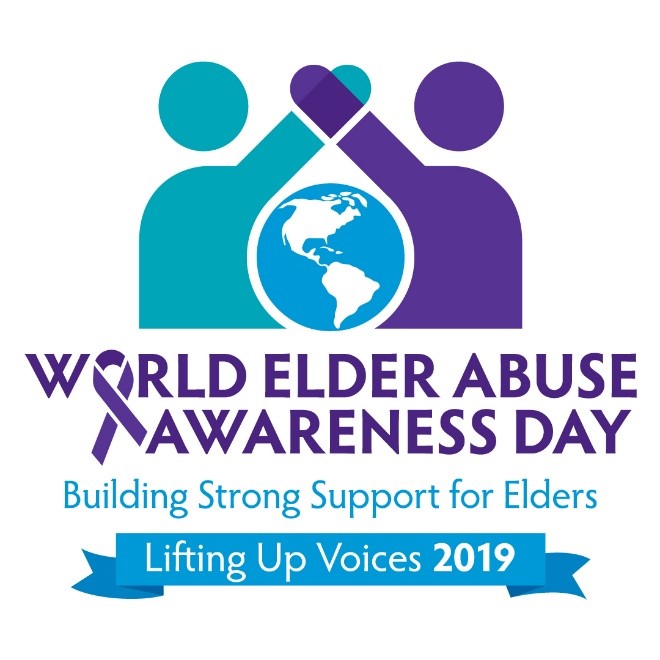
Tomorrow we join the world in speaking out against the abuse, neglect, and exploitation of older adults for World Elder Abuse Awareness Day (WEAAD). This day is about coming together to reaffirm that older adults are equal members of our communities, entitled to all the same dignity, rights, and security that each of us would expect at any age.
We salute those working to combat elder abuse, in the context of individual victims and individual perpetrators. There are many dedicated social services and law enforcement professionals across the country doing critical front-line work to advance elder justice on a case-by-case basis. ACL is proud to be supporting this work with a variety of grants and initiatives to enhance state Adult Protective Services, collect data on the scope and nature of adult maltreatment, and advance research on innovations and best practices.
At the same time, I want to challenge us to think bigger and commit to creating a society that is good, and just, for all its members. Thinking through this lens means considering our attitudes about aging; the community, social, and religious institutions that keep us connected to each other; and the services and supports that empower us to remain engaged in our communities as we age.
It also means acknowledging that elder abuse is not a problem for “someone else” to solve. Every one of us shapes the communities in which we live, therefore, every one of us has a role to play in advancing elder justice.
We can each work to challenge negative attitudes about aging, to reinforce the value of older adults and their contributions to society, and to promote a culture that looks out for each other. We can come together to ensure that our communities provide services such as meals and accessible transportation that help older adults stay in their own homes, participating fully in their communities.
Every community is different and there is no magic formula to creating this just community. But across the country, we see how these community-level approaches have benefited community members of all ages. After all, we all benefit from the voices, experiences, and wisdom of elders.
This year's WEAAD theme is lifting up voices.
Having a voice is, at its core, a matter of dignity. This theme was selected, in part, to highlight the shared values of the elder justice movement and the movement responding to violence against women, which has demonstrated the power of survivors’ voices.
It is a sad reality that older adults who face abuse, neglect, or exploitation often do so in silence. One study found that for every reported case of elder abuse, 23 cases go unreported. When we lift up the voices of survivors of elder abuse, we assert that they are entitled to dignity as opposed to stigma or shame. Victims should never feel embarrassed or feel that they are responsible for the abuse they experience.
Having a voice is also about having as much control over your life as possible. This is one reason why ACL is working with grantees — including the American Bar Association’s Commission on Law and Aging — to advance guardianship reforms, to prioritize ways of supporting decision-making of adults through a wide range of options, and to address abuse and financial exploitation by guardians and others. ACL also is funding a national resource center exploring one alternative to guardianship that considers the areas in which each individual does, and does not, need support.
Supporting the shift toward more tailored legal support arrangements is just one example of how ACL is incorporating person-centered thinking — which considers each individual's preferences, values, and strengths — across our programs.
Tomorrow, the whole world speaks as one against elder abuse and lifts up the voices of the millions of older adults who have experienced abuse, neglect, and exploitation. But building just communities — where people of all ages and abilities are included, equal, and safe — is year-round work. I am grateful that so many people of all ages are answering this call and I am honored to roll up my sleeves and join you in this effort.

